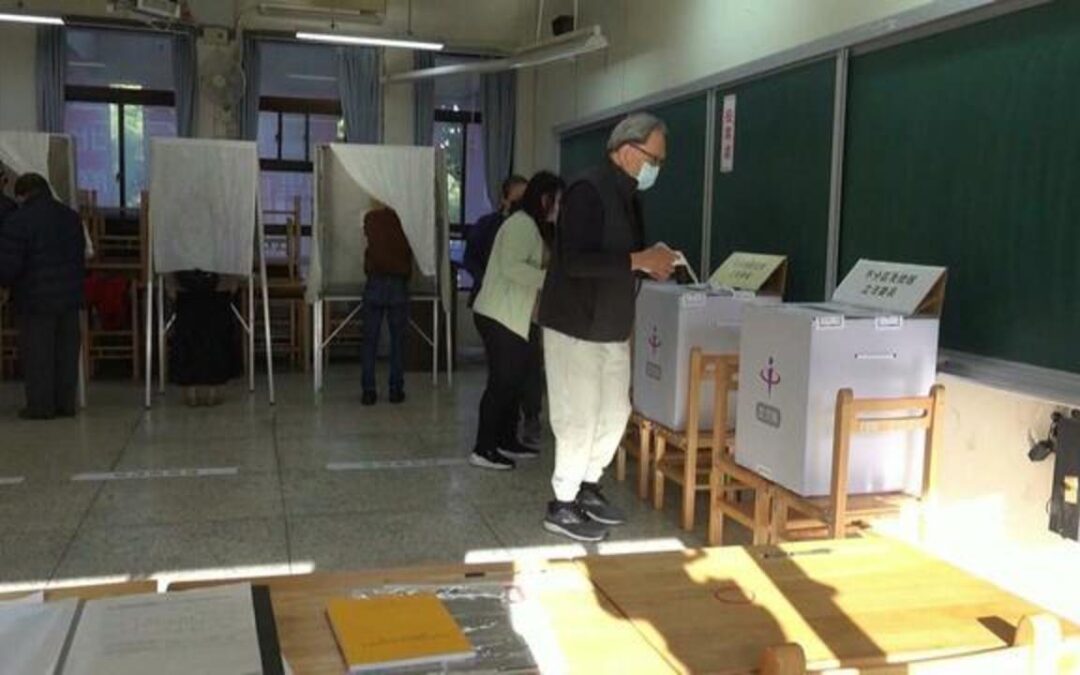Lai is the vice president of the island’s governing Democratic Progressive Party, or DPP.
Lai and incumbent President Tsai Ing-wen reject China’s sovereignty claims over Taiwan, a former Japanese colony that split from the mainland amid civil war in 1949. They have, however, offered to speak with Beijing, which has repeatedly refused to hold talks and called them separatists. Beijing has strongly opposed Lai’s election.
The result in Taiwan’s presidential and parliamentary election will chart the trajectory of relations with China over the next four years. At stake is the peace and stability of the 110-mile-wide strip of water between the Chinese mainland and the self-governed island, which is claimed by China as its own. China had previously called the election a choice between peace and war.
Lai is the vice president of the island’s governing Democratic Progressive Party, or DPP.
Lai and incumbent President Tsai Ing-wen reject China’s sovereignty claims over Taiwan, a former Japanese colony that split from the mainland amid civil war in 1949. They have, however, offered to speak with Beijing, which has repeatedly refused to hold talks and called them separatists. Beijing has strongly opposed Lai’s election.
“Every election in Taiwan is significant because of the potential for Beijing reacting in a way that could contribute to further instability in the region,” Taipei-based political analyst Michael Cole told CBS News ahead of the election.
Beijing is believed to have favored the candidate from the more China-friendly Nationalist party, also known as Kuomintang, or KMT. Its candidate, Hou Yu-ih, has also promised to restart talks with China while bolstering national defense. He promised not to move toward unifying the two sides of the Taiwan Strait if elected.
The other leading candidate was Ko Wen-je, of the smaller Taiwan People’s Party, or TPP. A former mayor of Taipei, he had drawn the support of young people wanting an alternative to the traditional parties, which have largely taken turns governing since the 1990s.
For Tony Chen, a 74-year-old retiree who voted in Taipei in the hour before the polls closed, the election boiled down to a choice between communism and democracy.
“I hope democracy wins,” he said. He added that more Taiwanese were open to China’s model of governance decades ago, when the Chinese economy was growing by double digits annually, but are repulsed by the crackdown on civil liberties that has occurred under current Chinese President Xi Jinping.



















